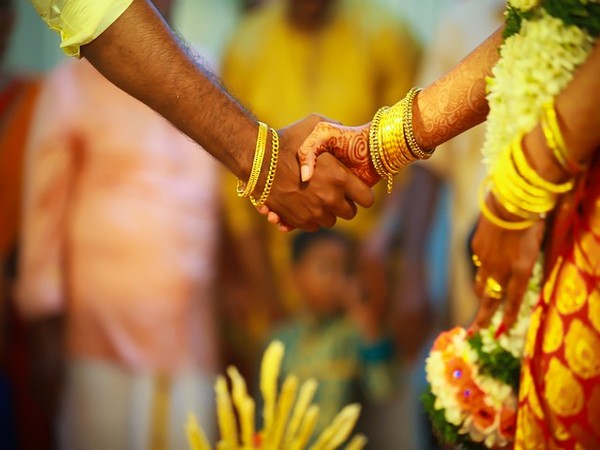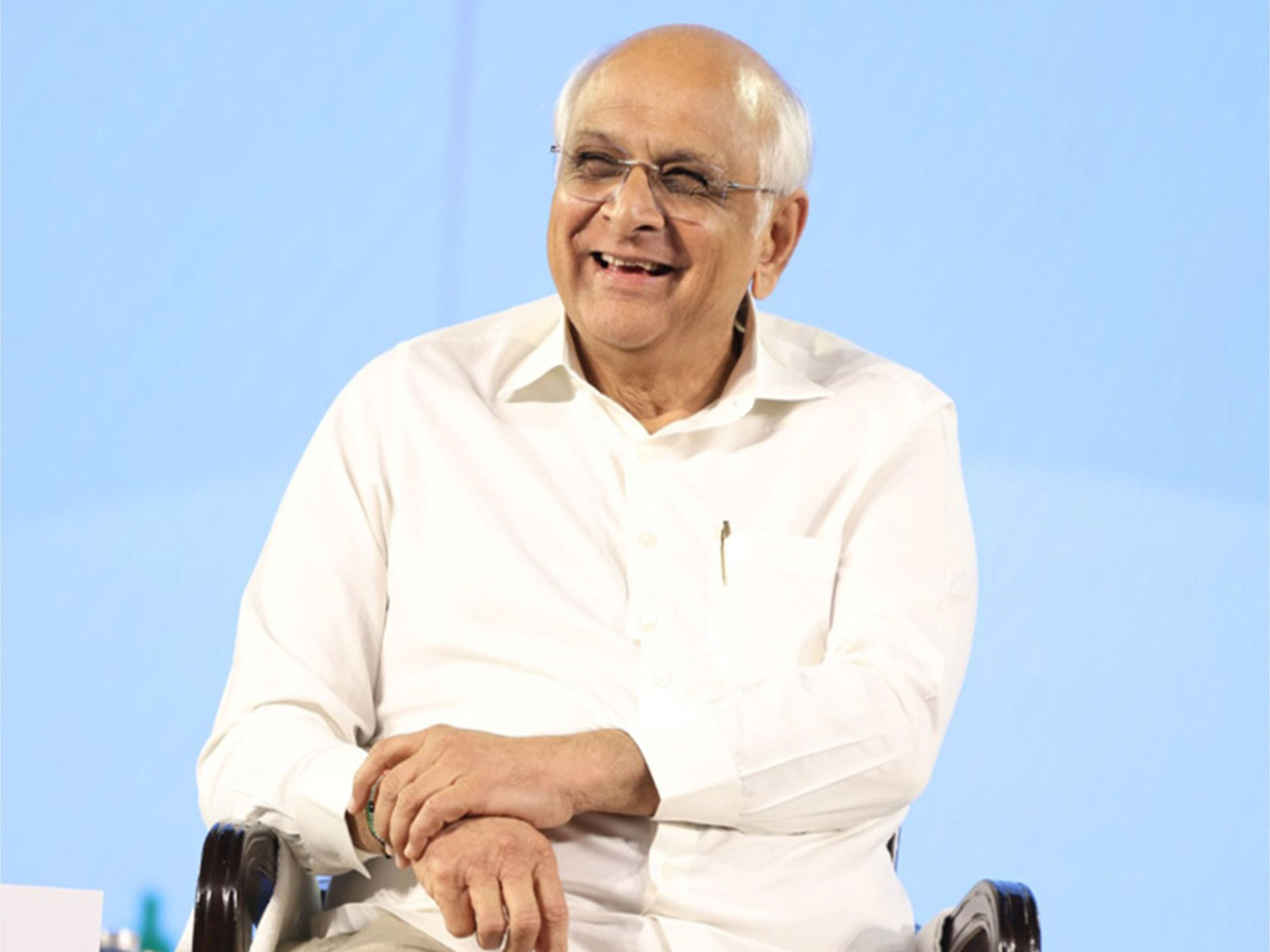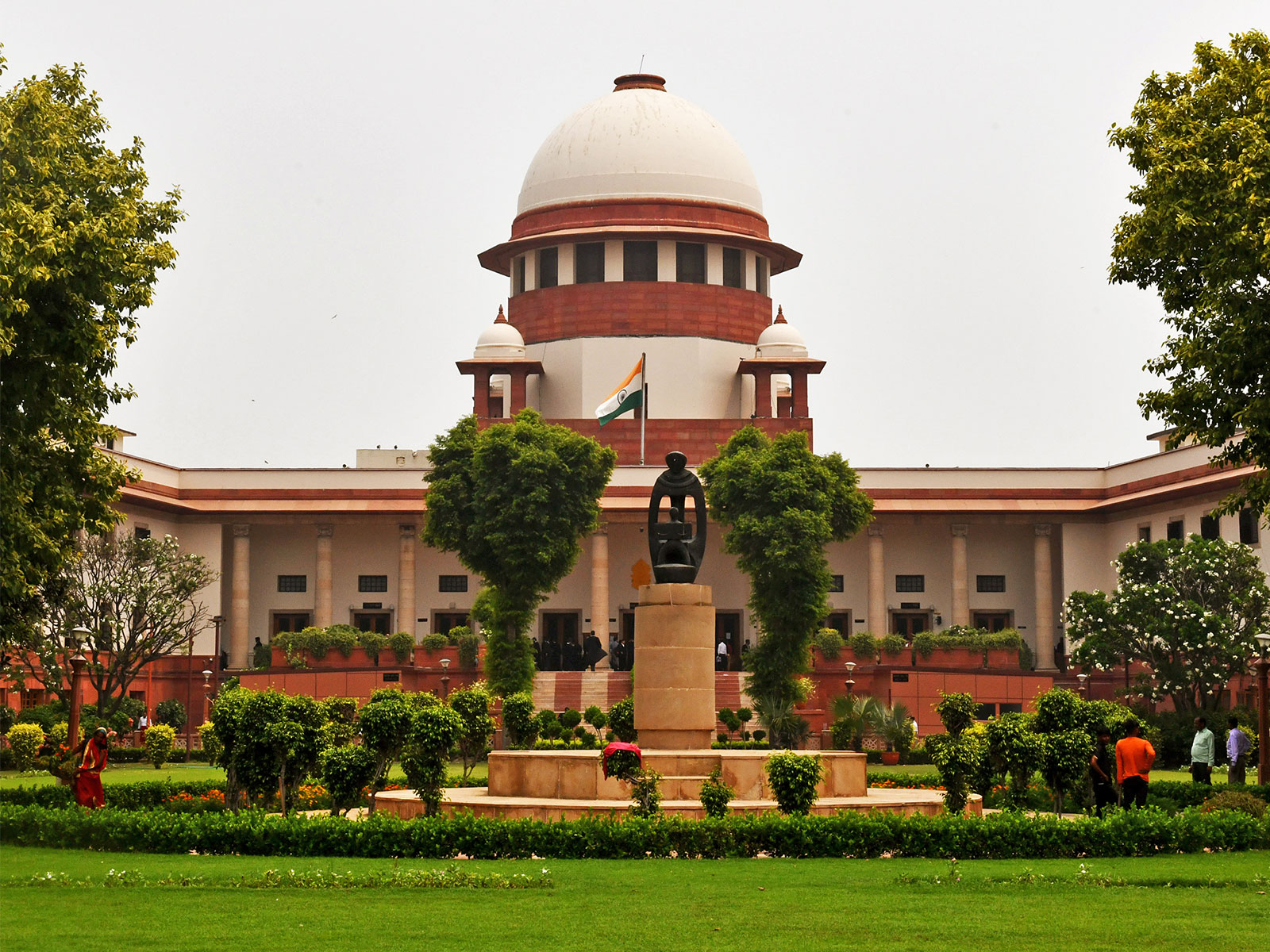New Delhi [India], July 1 (ANI): A report from Jefferies has revealed stark disparities in expenditure patterns among Indians, showing that the average spending on weddings far surpasses investments in 18 years of child education.
According to the report, the average expenditure on weddings in India stands at approximately Rs 1.2 million (USD 14.5 thousand).
This amount is notably five times higher than India’s GDP per capita and over three times the average annual household income of around Rs 0.4 million (USD 4.5 thousand).
In comparison, the total expenditure on education from pre-primary to graduation for nearly 18 years amounts to just USD 8 thousand (Rs 0.6 million), making wedding expenses nearly twice as much as educational investments.
Globally, India’s wedding expenditure-to-GDP ratio of 5x is significantly higher than many other countries.
For instance, in the United States, the ratio for public education is only 0.5x and 0.1x for private education compared to wedding expenses.
India, known as the largest wedding destination globally, hosts between 8 to 10 million weddings annually, underscoring the scale and economic impact of its wedding industry.
Estimated at a whopping USD 130 billion, the Indian wedding market dwarfs that of the United States and plays a pivotal role in driving consumption across various sectors.
Despite being generally cost-conscious, Indian households allocate substantial resources to weddings, a trend that may seem disproportionate to income levels.
The average wedding expenditure of USD 15 thousand (Rs 1.2 million) starkly contrasts with spending on education, reflecting cultural priorities and economic behaviours unique to the country.
The wedding industry in India acts as a catalyst for growth in sectors such as jewellery, apparel, catering, hospitality, and travel.
More than half of the jewellery industry’s revenues are attributed to bridal jewellery, while over 10 per cent of apparel expenditures are driven by wedding-related purchases and celebratory attire.
Furthermore, the concept of ‘Streedhan,’ where property, assets, and jewellery are given to the bride as financial security, remains deeply ingrained in Indian culture, further bolstering demand for jewellery and related products.
Overall, the wedding industry in India not only sustains various sectors directly but also indirectly fuels demand in segments like automobile, consumer electronics, and paints, highlighting its pivotal role in the broader economy.
The disparity between wedding and education expenditures underscores the intricate balance between cultural practices and economic realities in India, shaping consumer behaviour and market dynamics across the country. (ANI)
Disclaimer: This story is auto-generated from a syndicated feed of ANI; only the image & headline may have been reworked by News Services Division of World News Network Inc Ltd and Palghar News and Pune News and World News
HINDI, MARATHI, GUJARATI, TAMIL, TELUGU, BENGALI, KANNADA, ORIYA, PUNJABI, URDU, MALAYALAM
For more details and packages
















